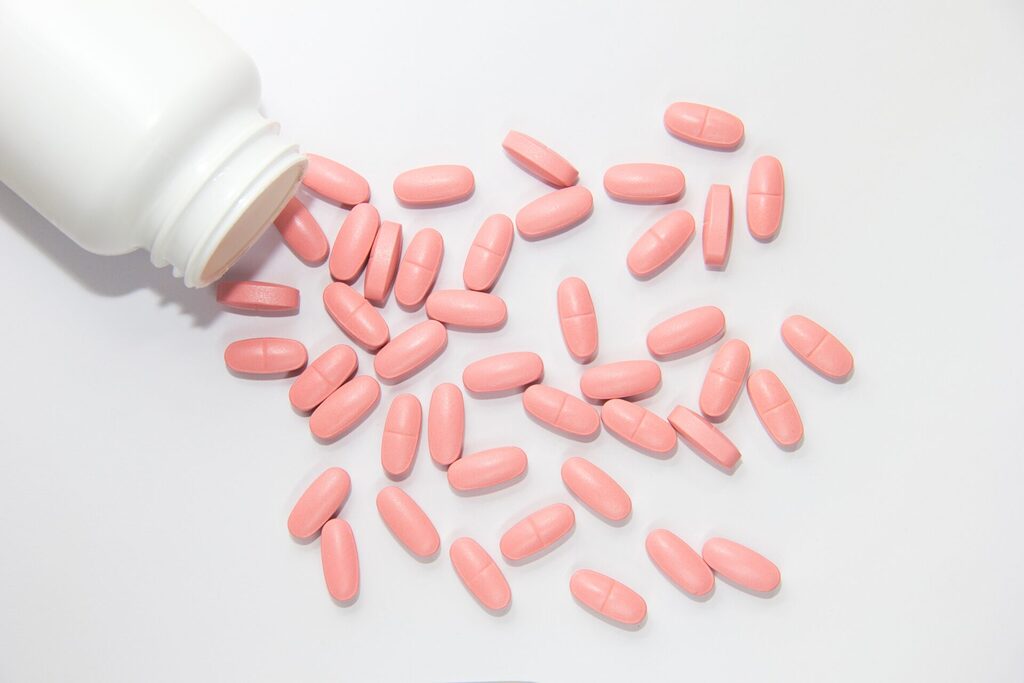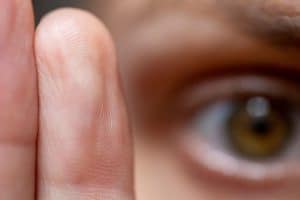Benadryl, also known by its generic name diphenhydramine, is a widely-used antihistamine medication. It is commonly used to treat allergic reactions, hay fever, and symptoms of the common cold. While Benadryl provides relief from various discomforts, concerns have been raised about its potential for addiction. In this blog, we will delve into the question: Is Benadryl addictive?
Understanding Benadryl and Its Mechanism
Before we explore the addictive potential of Benadryl, it’s essential to comprehend its mechanism of action. Benadryl works by blocking the effects of histamine, a natural substance that the body produces during allergic reactions. By binding to histamine receptors, Benadryl alleviates symptoms like sneezing, itching, runny nose, and watery eyes.
Non-Addictive Nature of Benadryl
To put it plainly, Benadryl is not considered addictive. Addiction typically involves the development of a physical or psychological dependence on a substance, with the user experiencing compulsive cravings and difficulties in discontinuing its use. While Benadryl may cause drowsiness and a sense of relaxation, these effects do not equate to addiction.
However, it is important to distinguish between addiction and dependence. Dependence can occur with regular use of Benadryl, as the body may adapt to the medication’s presence. This can lead to a reduced response over time, requiring higher doses to achieve the same effect. Nevertheless, dependence is not synonymous with addiction. Dependence merely suggests that the body has become accustomed to the drug, and discontinuation may lead to mild withdrawal symptoms, which are typically not life-threatening.
Abuse Potential and Risks
Although Benadryl is not considered addictive, it does possess abuse potential. Some individuals may misuse Benadryl for its sedative effects, seeking to induce relaxation or sleepiness. High doses of the medication can lead to an intensified sedative experience, but this practice is risky and ill-advised.
Abusing Benadryl can lead to several adverse effects, including:
-
- Drowsiness and impaired coordination, which can pose serious safety hazards, especially when operating vehicles or machinery.
-
- Cognitive impairment, affecting memory and decision-making abilities.
-
- Increased heart rate and blood pressure, which can be dangerous for those with pre-existing heart conditions.
-
- Overdose, leading to symptoms such as seizures, hallucinations, and life-threatening respiratory depression.
Moreover, chronic misuse of Benadryl may interfere with an individual’s daily functioning, relationships, and overall well-being. It is crucial to use the medication responsibly and only as directed by a healthcare professional.
Alternatives and Safer Options
Considering the potential risks associated with Benadryl misuse, it’s essential to explore safer alternatives. For mild allergic reactions or sleep disturbances, non-sedating antihistamines such as loratadine or cetirizine can be considered. These medications offer similar antihistamine benefits without causing excessive drowsiness.
For sleep problems unrelated to allergies, individuals should consult a healthcare professional to identify the underlying cause. Cognitive-behavioral therapy for insomnia (CBT-I) and other non-pharmacological approaches are effective in addressing sleep issues without resorting to medication.
In conclusion, while Benadryl is not addictive, it does have abuse potential when used irresponsibly. Misusing the medication for its sedative effects can lead to severe health consequences. It is crucial to adhere to recommended dosages and seek guidance from a healthcare professional if there are concerns about sleep disturbances or allergies.
Remember, the best way to ensure safe and effective use of any medication is to follow medical advice and always use it for its intended purpose. Health and well-being should always be the top priority, and understanding the proper use of medications is an essential step in achieving that goal.













